Anxiety symptoms occur in everyone, but they are usually infrequent and short-lived, and they do not cause difficulties. However, when anxiety’s cognitive, physical, and behavioural symptoms are chronic and severe, and anxiety causes distress in a person’s life to the point where it interferes with his or her ability to work, study, socialise, or perform everyday duties, it may be outside the normal range.
The following are the main types of anxiety disorders:
- specific phobia
- panic disorder
- agoraphobia
- generalized anxiety disorder
- social anxiety disorder
- selective mutism
- separation anxiety disorder
Anxiety disorders can cause people to feel nervous all of the time or for brief intense episodes that occur for no apparent reason. They may have nervous feelings that are so distressing that they shun everyday routines and activities that could trigger them. Some persons experience anxiety attacks that are so severe that they become afraid or immobile.
People who suffer from anxiety disorders are frequently aware that their anxieties are unreasonable and exaggerated. “I know my anxieties are ridiculous, but I just can’t seem to stop them,” they say when they come in for treatment.
Signs & Symptoms
Although each of these anxiety disorders is distinct in certain aspects, they all have the following characteristics:
- fear that is unjustified and extreme
- sensations of apprehension and tension
- everyday task complexity and/or anxiety connected to these duties
Cognitive, behavioural and physical symptoms include:
- agitated thoughts (for example, “I’m losing control”)
- apprehensive predictions (e.g., “I’m going to stammer and humiliate myself”)
- Beliefs about anxiety (for example, “Only weak people get nervous”)
- avoiding dreadful situations (e.g., driving)
- avoidance of activities that produce feelings similar to those felt when you’re worried (e.g., exercise)
- subtle evasions (behaviours that aim to distract the person, e.g., talking more during periods of anxiety)
- subtle evasions (behaviours that aim to distract the person, e.g., talking more during periods of anxiety)
- physical reactions that are out of proportion to the situation (e.g., heart racing and feeling short of breath in response to being at the mall).
Anxiety’s physical symptoms can be confused with those of a physical illness, such as a heart attack.
Causes & Risk Factors
Anxiety disorders, like other mental health issues, appear to be caused by a combination of biological, psychological, and hard life experiences, including:
- a harsh or difficult life event
- Anxiety disorders run in the family
- childhood development issues
- alcohol, medications or illegal substances
- other medical or psychiatric problems
Diagnosis & Treatment
Several factors play a role in determining whether anxiety requires the attention of mental health specialists, including:
- the severity of the anxiety sensations’ distress
- the degree to which anxiety symptoms impair a person’s ability to work or study, socialize, and complete everyday duties
- the situation in which the concern arises
Anxiety disorders can be helped by a variety of psychological treatments, including relaxation training, meditation, biofeedback, and stress management. Supportive counseling, as well as couples or family therapy, can help a lot of people. Experts agree, however, that cognitive-behavioral therapy (CBT) is the most effective treatment for anxiety disorders. Medications have been shown to be useful, and many persons take both CBT and medication.
If your anxiety causes you to have symptoms on a regular basis, you should seek professional help. Your doctor might inquire about your symptoms in order to rule out any underlying illnesses. Taking medication or natural therapies can sometimes create anxiety. To have a better sense of what’s causing your symptoms, your doctor will want to learn more about your lifestyle.
You might be referred to a therapist who you can meet in person. If you are not ready for in-person counseling, there are also online therapy choices to consider. Your doctor may discuss several treatment choices, such as talk therapy and anxiety medication, depending on your anxiety and how it impacts your lifestyle.
For detailed advice on Counselling for Anxiety, please contact Simply Align Rehab Physio in Scarborough/Toronto at simplyalignrehab.com, or phone or text us at (416) 628-8554 for your Physiotherapy or Chiropractor needs in Toronto.
